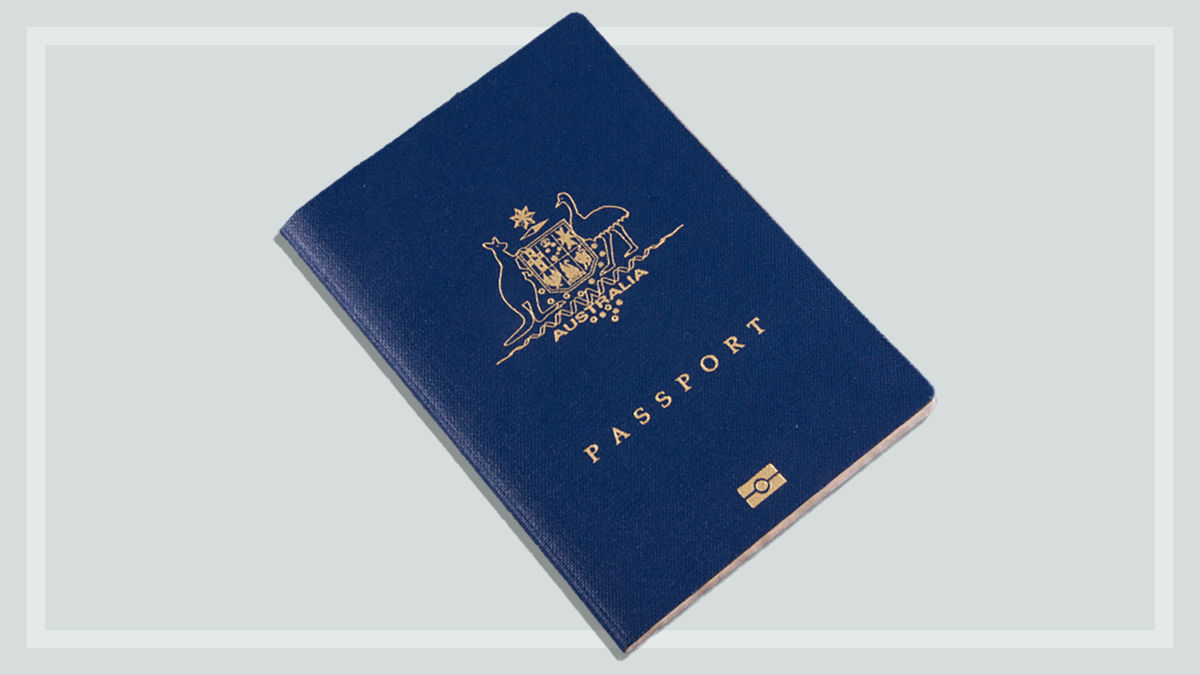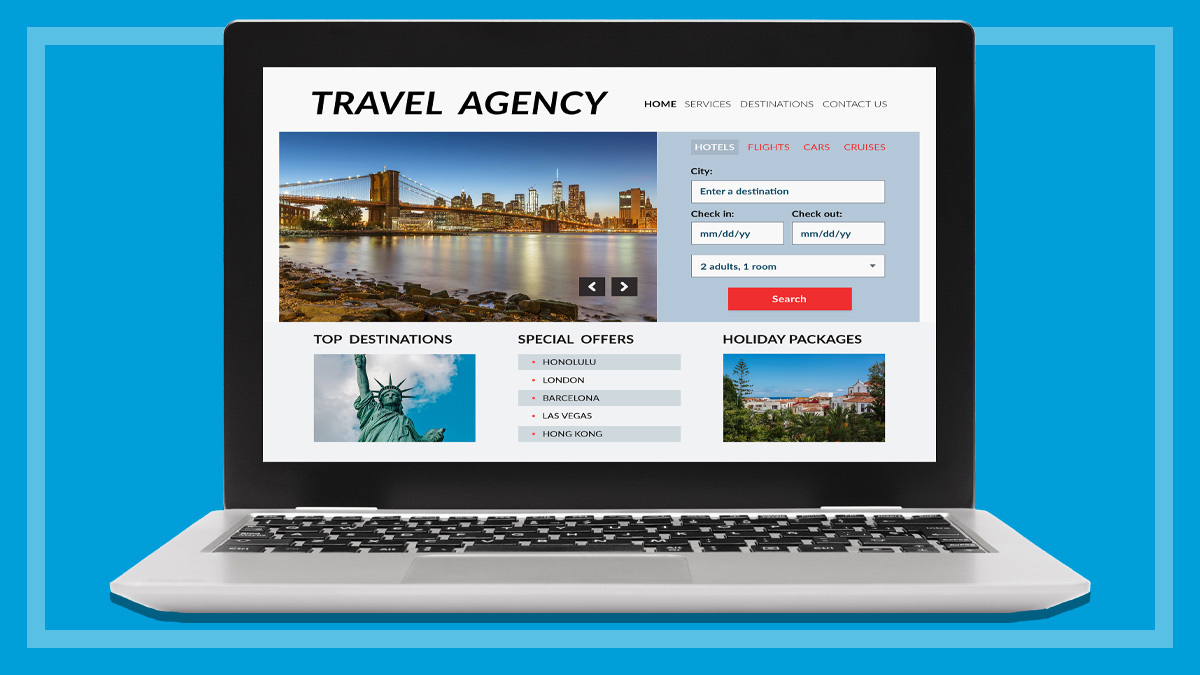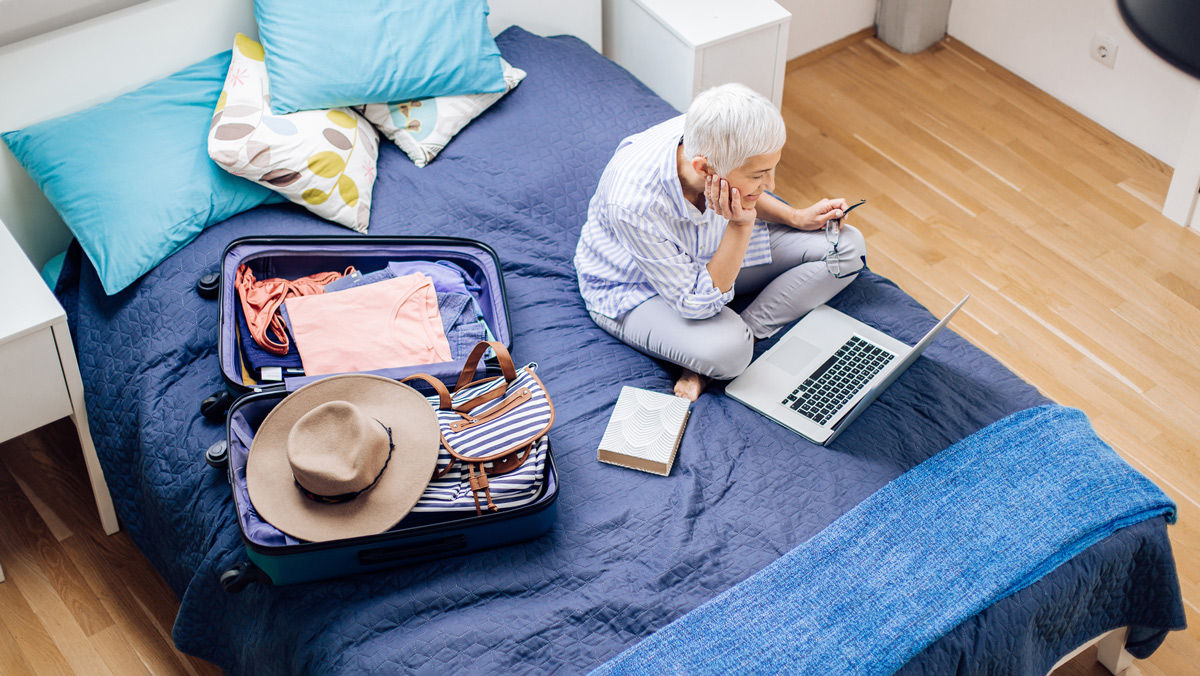Get our independent lab tests, expert reviews and honest advice.
Can you take medications overseas?

The regulations for prescription and over-the-counter medicines like painkillers and cold and flu tablets vary from country to country, so always check the rules for where you’re travelling.
Often your medicines may not be available in other countries, they could be very expensive, or they might be illegal. Depending on local laws and customs, you may even have trouble getting contraceptives.
It’s a good idea to take all the medicines you may need for your trip, and a bit extra in case of unforeseen circumstances – things like flight delays could mean you’re away from home for longer than planned. It’s also best to carry all medications (even vitamins) in their original packaging, along with the original prescription.
See your doctor
Get a health check-up and plan your travel vaccinations well in advance. If you have extras health insurance, check your policy details because many policies will cover vaccines required for travelling.
When it comes to taking medication overseas, get a letter from your doctor stating:
- what the medications are (using generic names)
- what they’re for
- that they’re for personal use
- dosage instructions.
Make sure you get travel insurance and that you’re covered for pre-existing conditions. Unfortunately, most travel insurers won’t cover your prescription medicines.
Is your medication legal at your destination?
If you’re taking medication, check whether there are any restrictions or if it’s even illegal in the countries you’re travelling to or transiting through. Take special care with:
- amphetamines, such as ADHD medications
- anti-anxiety and antidepressant medications
- medication containing pseudoephedrine, such as cold and flu tablets
- medical marijuana/cannabis
- opioid-based painkillers, such as codeine
- sleeping pills.
Restrictions may also apply to complementary medicines, such as vitamins and traditional medicines or even chewing gum.
Check with the country’s embassy in Australia to make sure your medication is not a restricted drug. You may need to apply for customs clearance for some medicines before entering some countries, and you’re usually not allowed to bring more than a three-month supply.
If you carry illegal medication, you could be fined or jailed even if you have a prescription from an Australian doctor.
Smartraveller’s destination guides are a great resource for up-to-date information about your travel destination.
Restrictions at popular travel destinations
Restrictions vary by country and apply to some of the most popular travel destinations for Australians. For example:
- If you’re heading to Bali, some ADHD medicines and medical cannabis are illegal in Indonesia, so check with the Indonesian Embassy.
- Some ADHD medicines and some cold and flu tablets are illegal in Japan, as per the Japan Ministry of Health.
- If you want to bring codeine and other medicines into Singapore, you need to apply for a permit at least two weeks in advance. Check with the Singapore Health Sciences Authority.
- Some Australian medications may be illegal in the USA, particularly if they’re not approved by the US Food and Drug Administration. Check with US Customs and Border Protection.
- Thailand has very strict drug laws and a number of medications available in Australia are illegal under Thai law. If you’re in any doubt, check with the Thai Embassy.
- Medications that are legal in Australia may be restricted in some European countries. For example, codeine is considered a narcotic in Greece. Check with the embassy of the country (or countries) you’re travelling to to make sure.
Medical devices and disabilities
Your airline or cruise ship may have restrictions on any medical devices or equipment you carry, and there may be special rules for assistance animals, battery-operated devices and sharps such as syringes.
If you’re using a wheelchair, most airlines will require you to check it in, and many will offer support for getting to the gate, transiting and boarding. Also, make sure you can get any assistance you need to access toilets and other facilities.
If you have a disability, you need to declare it when taking out travel insurance even if you can’t get cover for it. It’s worth checking whether your medical devices will be covered if they get lost or damaged.






